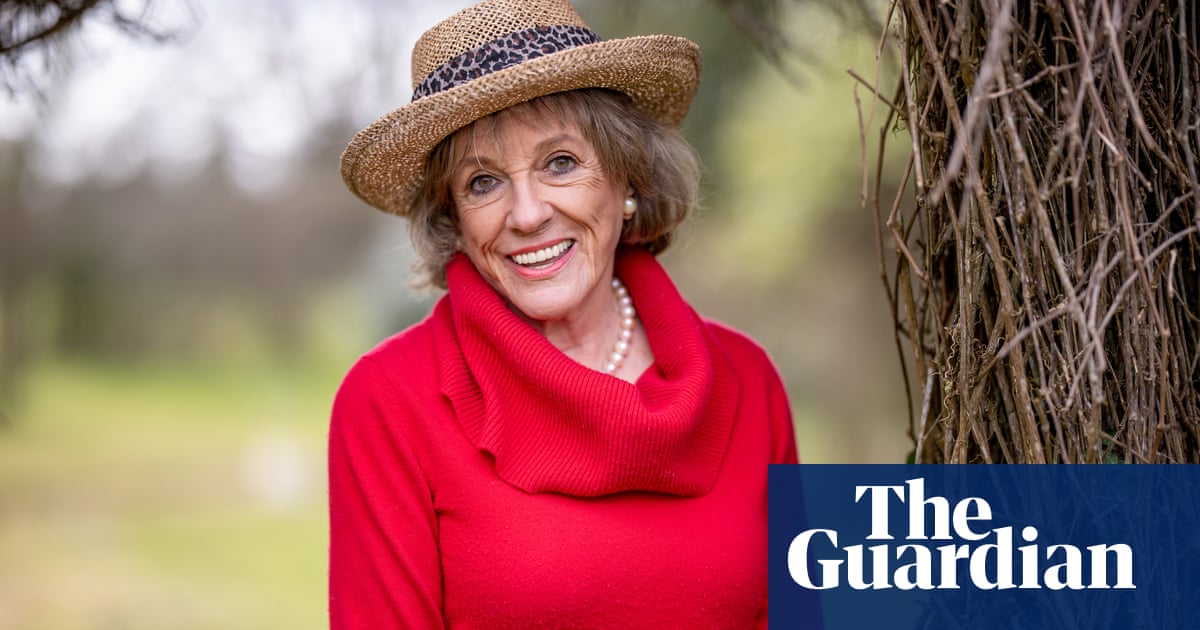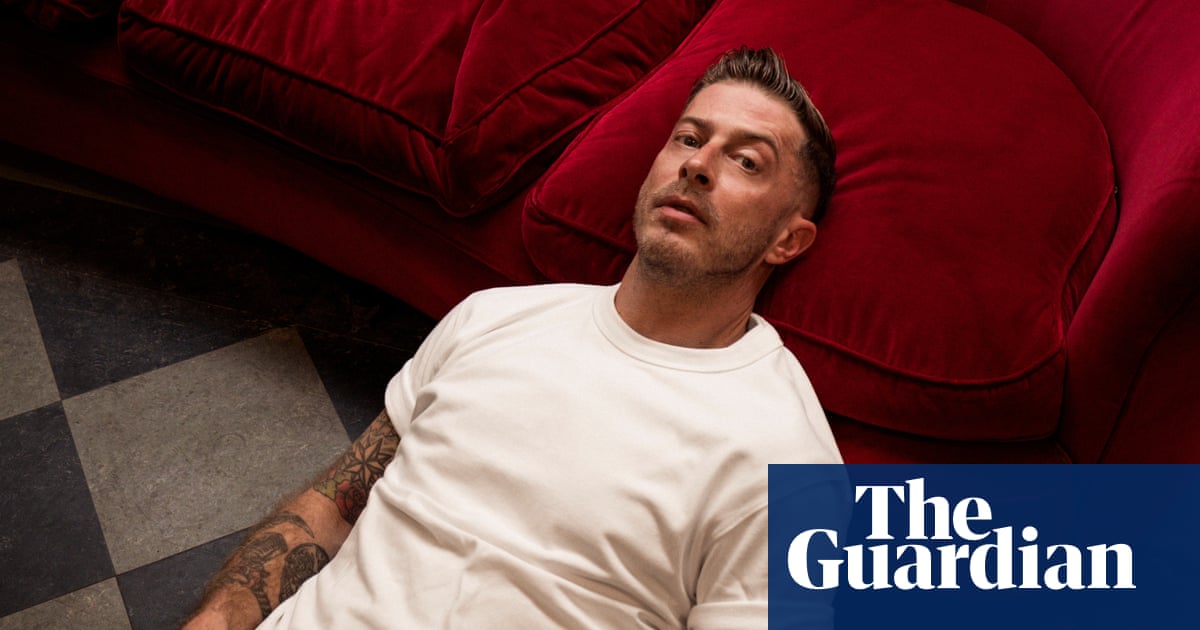
The Labour leader, Keir Starmer, has said he backs calls for a change in assisted dying laws and as prime minister he would allow MPs a free vote on the issue.
Starmer was speaking after the ChildLine founder and broadcaster, Esther Rantzen, this week revealed she was considering ending her life in Switzerland amid her stage-four cancer battle.
There are laws allowing assisted dying for terminally ill people in countries such as Switzerland, Canada, the Netherlands and 11 US states. But people in England, Wales and Northern Ireland can face prosecution – and up to 14 years in prison – for assisting someone to end their own life.
Hundreds of people got in touch with the Guardian to share their views on assisted dying. Here, three people on different sides of the debate explain their views.
‘To see your loved one die horribly is not something you can unsee’
Warwick Jackson, a 63-year-old based in Shropshire, was with his wife, Ann, for 37 years. They met in 1983; Ann was a Black Country girl who was “cool and calm” and “everyone loved her company”, Warwick says.
The couple were out walking at Christmas in 2018 when Ann became short of breath. She blamed it on her fitness, but was later diagnosed with peritoneal cancer and underwent two rounds of punishing chemotherapy. It held the cancer back, but Ann’s lungs would fill up with fluid, which Warwick remembers as akin to suffocating or drowning, like “the breath was being squeezed out of her”.
Four days before Ann died at home aged 61, on 20 August, Warwick says she asked the nurse: “Can you end it for me?” But there was nothing they could do. Despite receiving quality palliative care, morphine painkillers and the maximum limit of sedatives, Ann remained conscious in immense pain, says Warwick. “I just held her,” he says. “We were very close. We were still very much in love after 37 years. We were the sort of couple that would go out and hold hands.”
Campaigners claim improving palliative care has limits. On average, 17 people a day experience painful deaths that cannot be relieved by the best palliative care, according to a 2019 study commissioned by the campaign group Dignity in Dying and conducted by the Office of Health Economics, a research company.
The legacies of Ann’s death have lingered. “I rather feel that I will carry the spectre of the way in which she died for the rest of my life,” Warwick says. “To see your loved ones die horribly in their own home over a protracted period of time, that’s just not something you can ever unsee.
“We treat dogs better,” he says. Warwick’s bereavement is like being “the sole survivor of a plane crash – the debris of your life is all around you”. But he takes pleasure in the things Ann left behind: the damson jam she made, the vegetable garden she tended, the notebooks she kept.
And now he is a supporter of Dignity in Dying, fighting for the right to assisted dying. “So maybe in the future people won’t have to endure the way she died.”
‘Once my quality of life becomes intolerable, I want out’
Hugh Davies, a 69-year-old retired IT security consultant in East Anglia, is diagnosed with progressive supranuclear palsy (PSP). “The end stages can be very unpleasant, and you can end up blind, mute, double incontinent, tube-fed and completely unable to move, whilst at the same time being conscious,” Davies says.
“Once my quality of life becomes intolerable, I want out.” But he’s already too unwell to go to Switzerland alone and wouldn’t want to imperil his wife. “If you do have a partner and they assist you, you’re exposing them to being prosecuted,” he says.
Davies says opponents of assisted dying “seem to cherrypick edge cases, as to why people’s right to choose the time, place and method of their death should be forbidden to everybody”.
“It makes me very angry,” he says.
He is pleased to see the campaign gathering momentum. But “in the meanwhile, lots of people will suffer”.
‘There’s this big sense of burden’
Katia Lom, a 39-year-old film-maker in London, who has worked at the Denville Hall retirement home for actors, supports the right to die but worries about implementing assisted dying in a society with inadequate healthcare.
Lom says her grandfather Max took his own life in Florida aged 88 in 2009, which led her to realise legislation about choosing your time of death is important.
However, she says: “My concern is, with the situation at the moment in this country, there isn’t the setup to be able to support that. We know the NHS hasn’t been funded properly for over a decade, if not more. Social care is on the brink. Care homes are on the brink. Local authorities are becoming bankrupt. The NHS is struggling just to provide the basic needs.”
In this context, “there’s this big sense of burden” on elderly people, which Lom worries would lead to people ending their lives prematurely.
“If an assisted-dying law would be introduced at this time in the UK I cannot imagine how it would not lead to abuse: older people encouraged to end their lives to ease the pressure on health and social care services, a fast-track to make more room and ease off the NHS waiting lists.”












